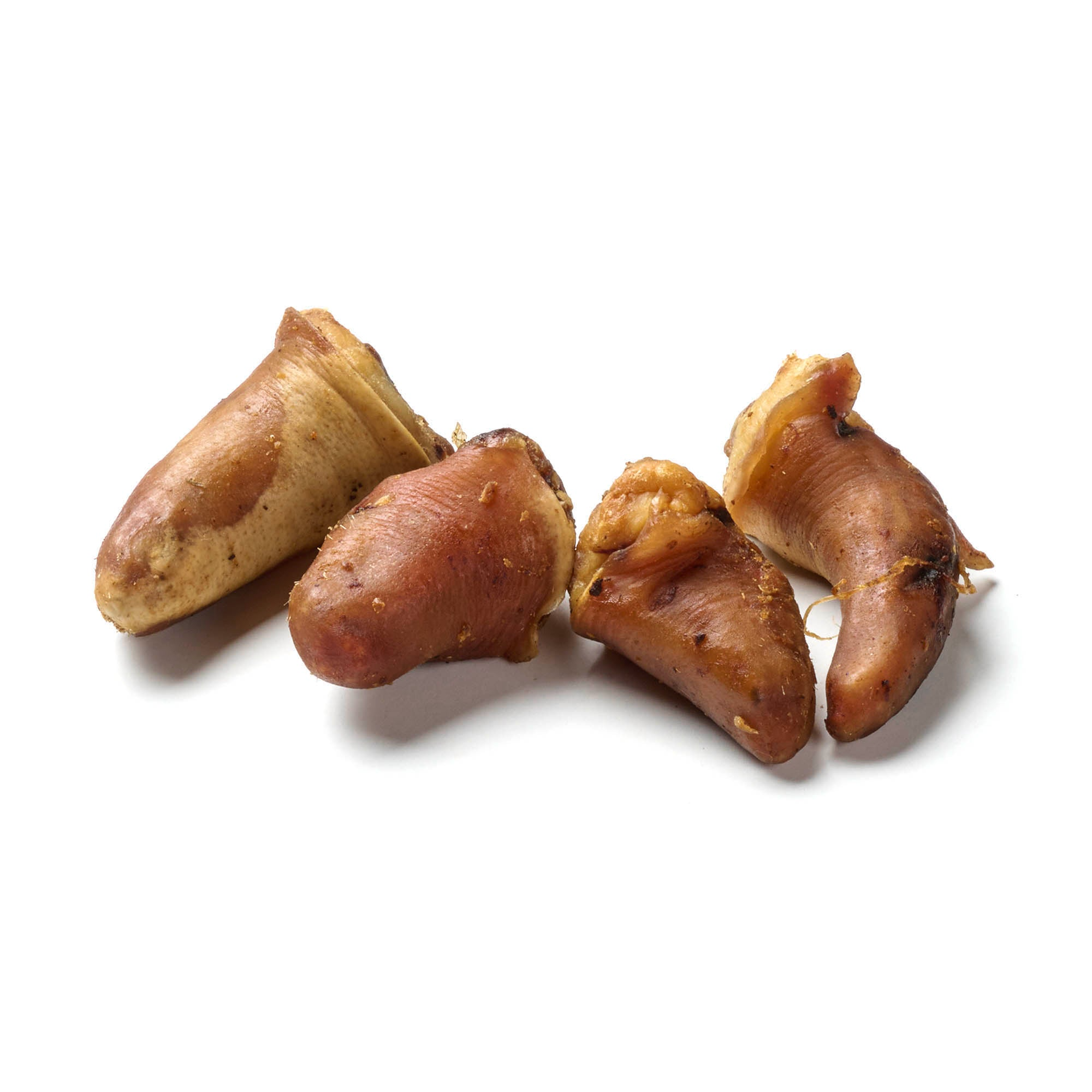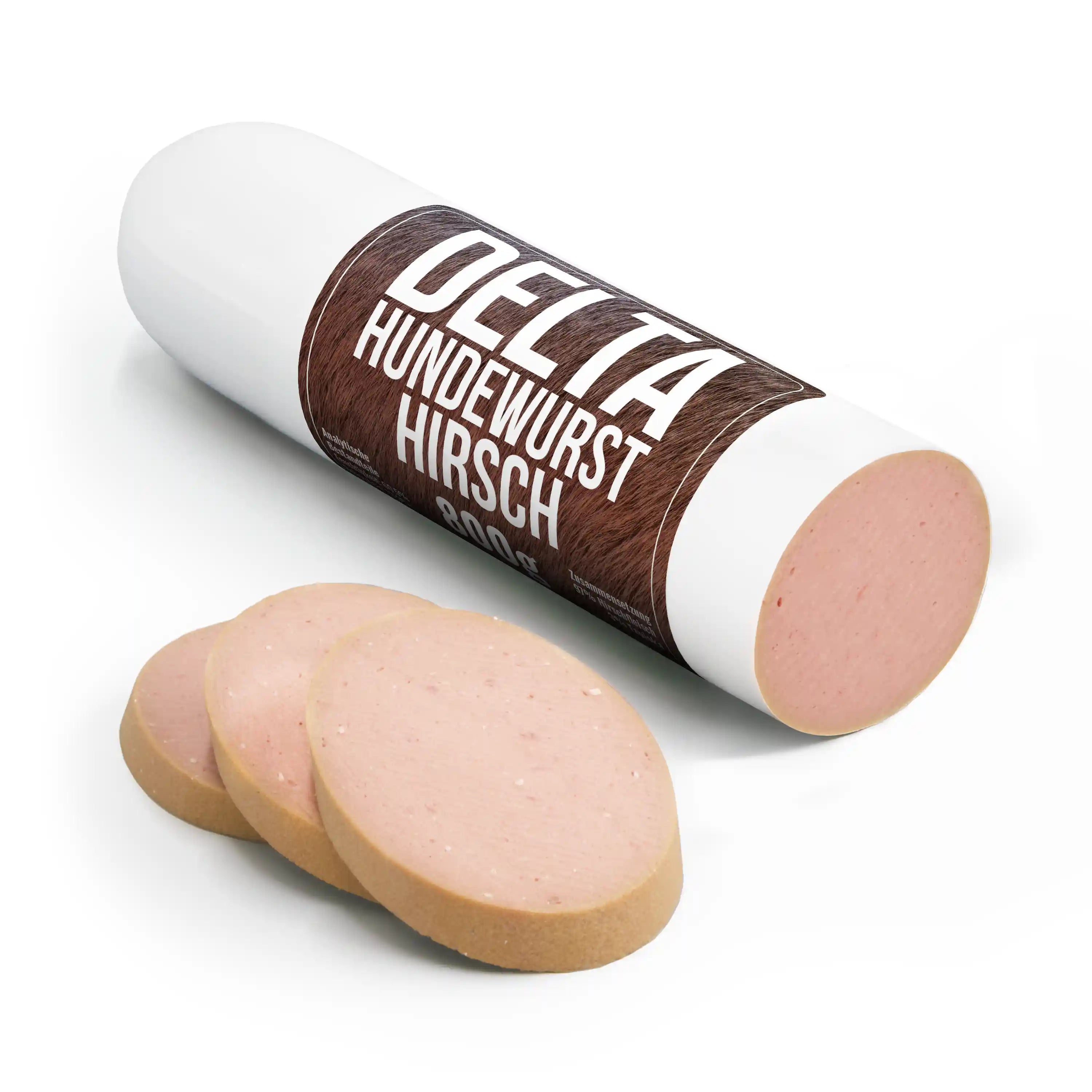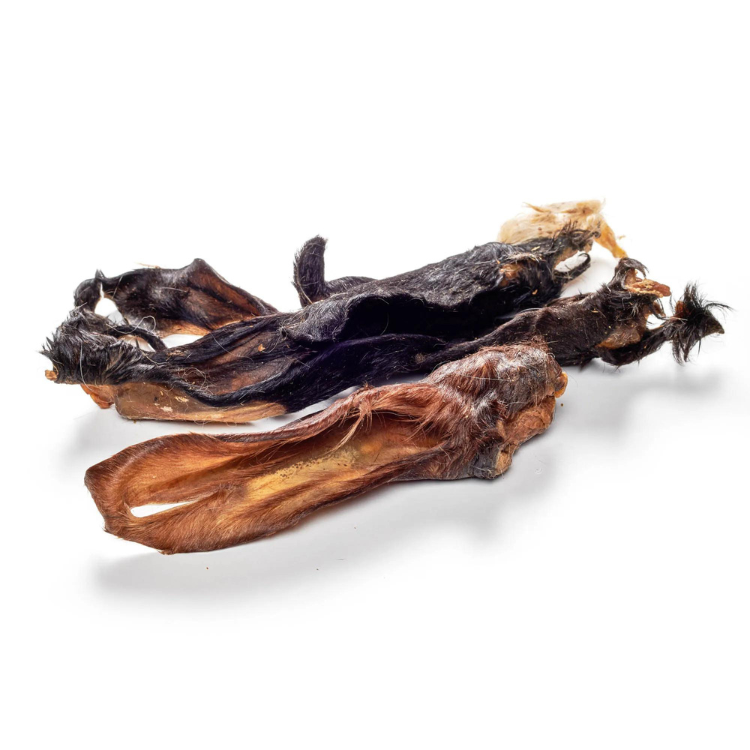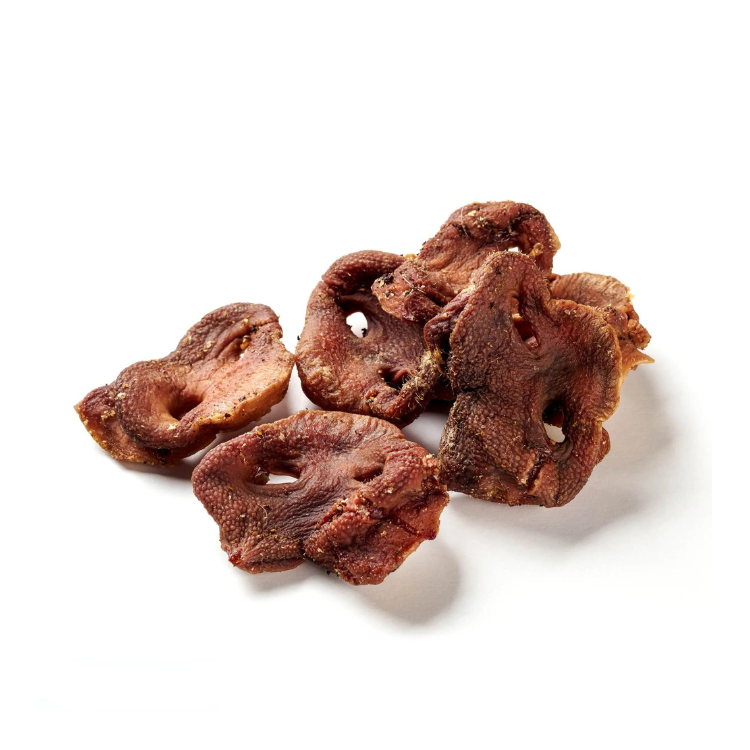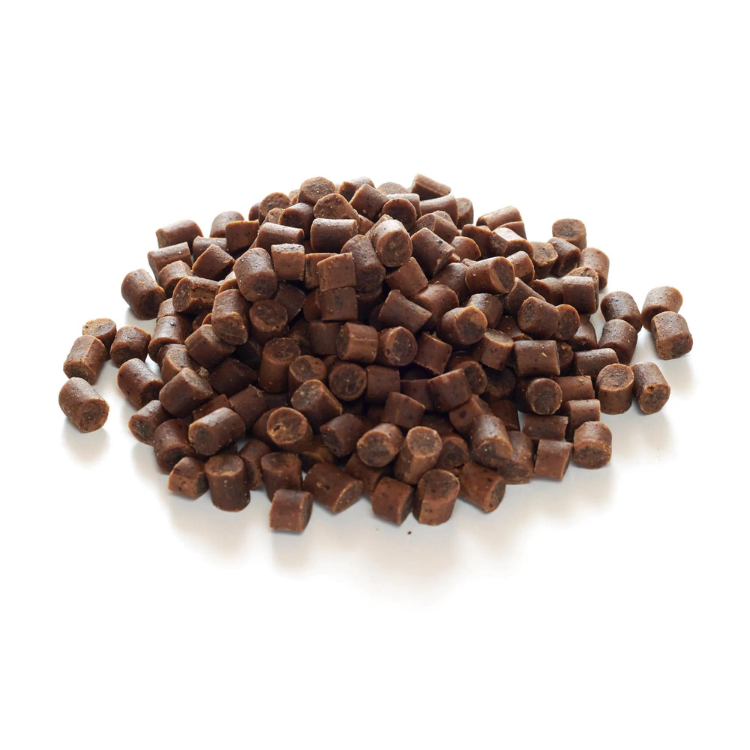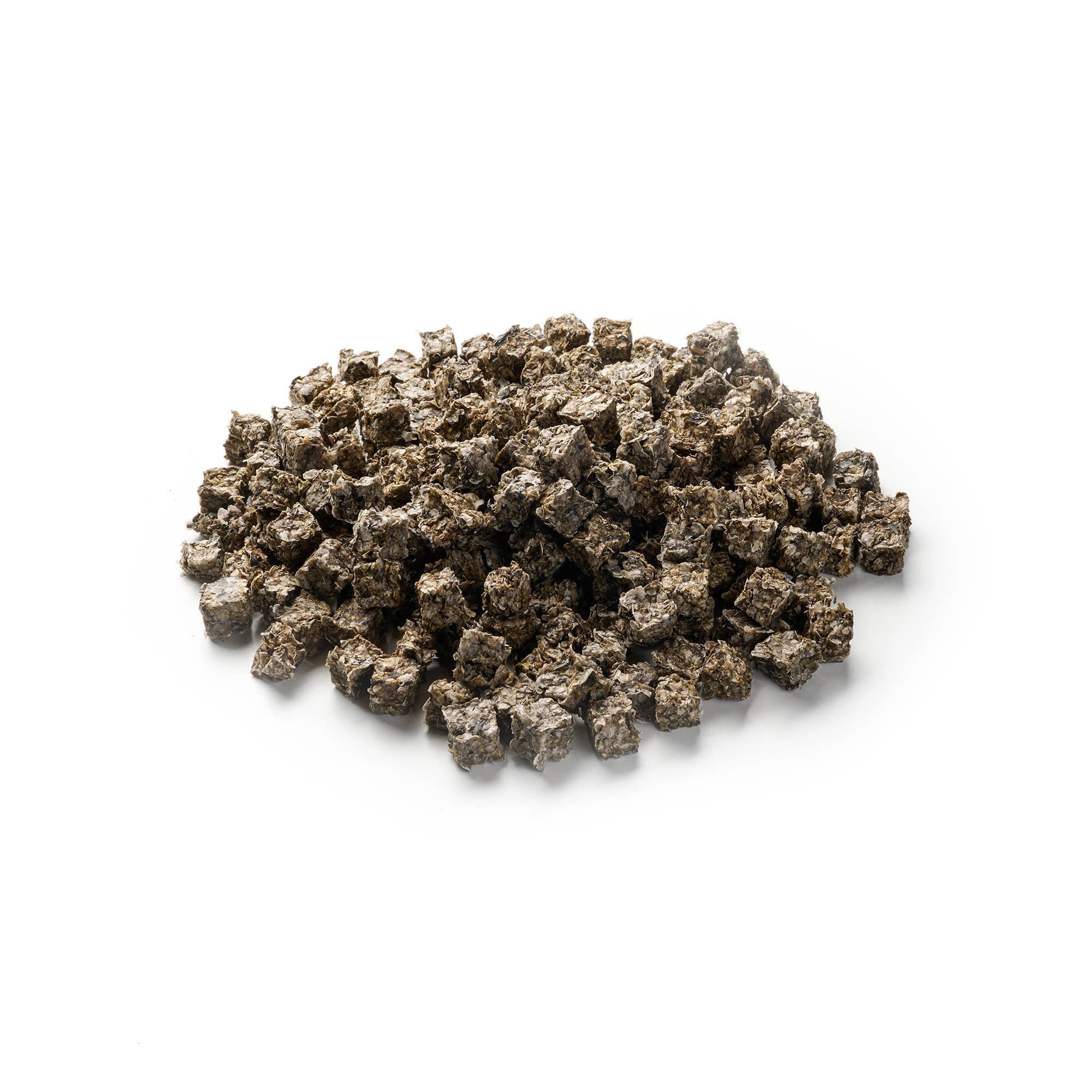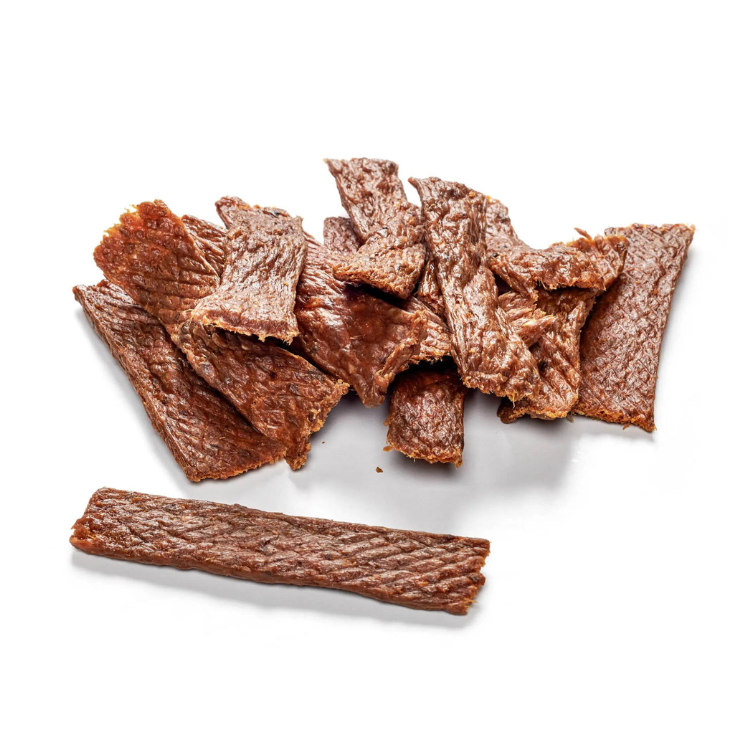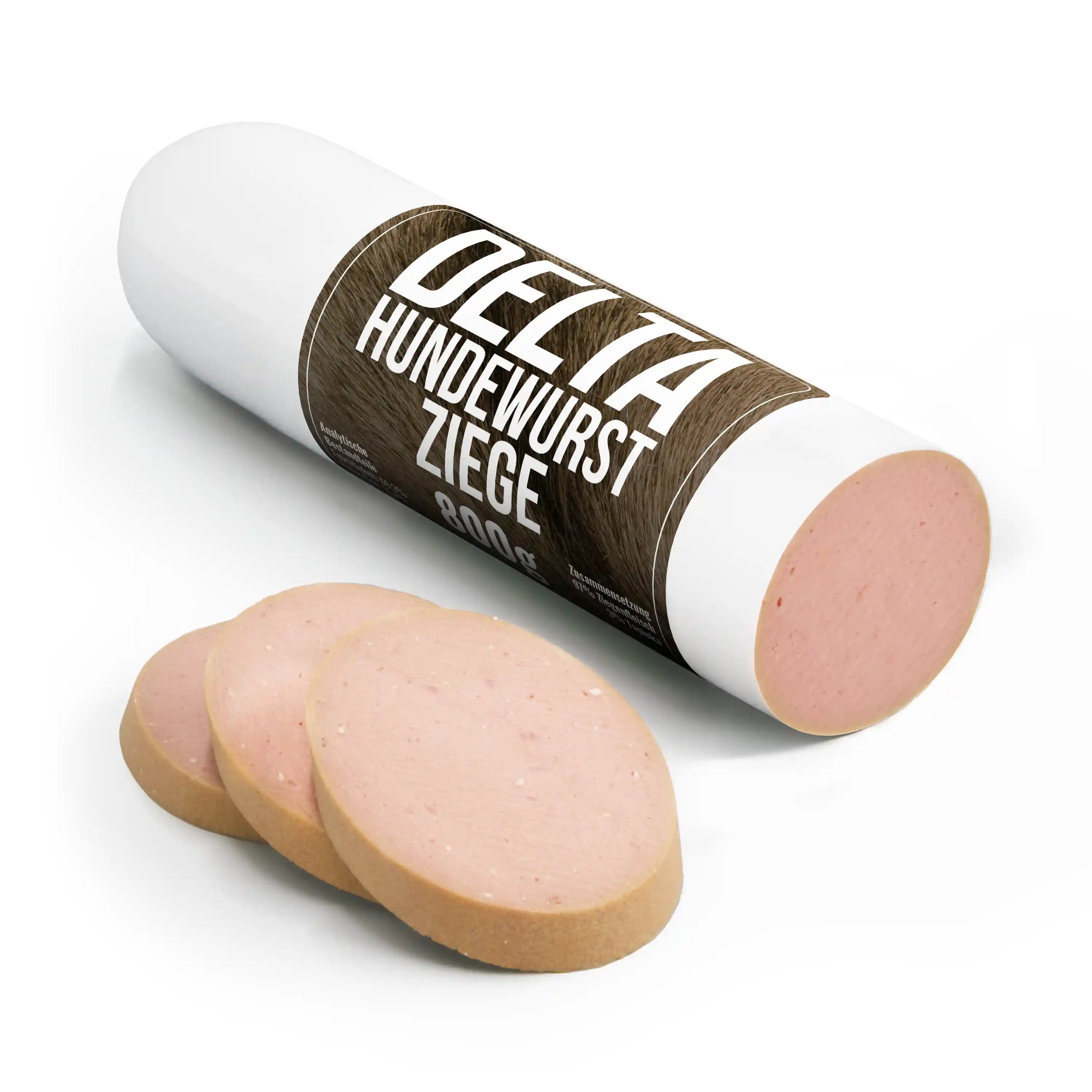
Hiccups in dogs - is it dangerous?
Share
We all know it - and everyone knows a more or less good trick to get rid of it. Anyone who has hiccups will usually try everything possible to get rid of them. It's not just us who have hiccups, but all mammals, and that includes our beloved dogs, of course. Hiccups (Latin singultus) are actually quite common in puppies and young dogs and are annoying - but harmless in most cases. But if the hiccups occur frequently and last for a long time, there may be a serious illness behind them.
Content: Hiccups in dogs
- Are hiccups dangerous - and how do they occur?
- Diagnostic options
- What helps against hiccups in dogs?
- Conclusion
Discover the range of dog snacks in our store!
Are hiccups dangerous - and how do they occur?
Hiccups are not dangerous in principle. In cases of persistent hiccups, they can be a symptom of an illness. This should definitely be examined by a veterinarian . To better understand hiccups, we need to take a little excursion into anatomy.
The diaphragm is located between the lungs and the liver. It is a muscle responsible for breathing and forms a partition between the abdominal cavity and the chest cavity. This diaphragm can be irritated by, among other things, a stomach that is too full and can then cramp. This causes the air from the lungs to be pressed against the closed glottis and the typical hiccupping sound can be heard.
Puppies often swallow a lot of air when sucking their mother's milk, which fills the stomach and presses on the diaphragm. If hiccups occur, this is a natural and healthy process to get rid of this excess air. This can also happen to adult dogs, although not as often. Stress or eating too quickly can be the reasons for this.
In rare cases, hiccups can be permanent or at least very frequent and severe. In this case, a serious illness may be the cause:
- Hiatal hernia - When the stomach has completely slipped from the abdominal cavity into the chest cavity
- Pancreatitis - inflammation of the pancreas
- Tumors within the neck or chest area
- Tumors of the nervous system
- Neuritis - inflammation of the phrenic nerve
- Meningitis - meningitis
- Encephalitis - inflammation of the brain
- Poisoning - plant toxins, medications
Reward your best friend with our dog treats!
>Diagnostic options
In most cases, hiccups do not last long and a visit to the vet is only necessary if the dog does not stop hiccupping for many hours or days. In order to help, the vet must know exactly about eating and drinking habits, possible medications, and the duration and frequency of the hiccups. The more closely you observe your dog, the better you can provide information and help. The vet can usually be helpful here with tips on changing the diet. Further diagnostic steps are:
- Palpation of the neck, abdomen and chest area to feel for tumors, abscesses or painful pancreatitis
- Ultrasound or X-ray to detect the hiatal hernia (see above)
- Neurological examination to rule out nerve diseases
- Blood test
What helps against hiccups in dogs?
Since it usually stops after a short time, treatment is only necessary in very rare cases - not the hiccups themselves, but the underlying diseases.
Hiccups themselves can be temporarily stopped with an anesthetic - but this cannot be a permanent solution. Even if they are not dangerous, they are not only quite annoying for us, but also for dogs. There are two tricks you can use to prevent them. An anti-gulping bowl prevents eating or drinking too quickly and can thus prevent hiccups.
Dogs also swallow air when eating. To minimize this, it is best to feed small portions several times instead of one large portion. With these two points you can reduce the likelihood of your dog getting hiccups.
Conclusion
Even if it's pretty annoying, hiccups are nothing serious. They can actually be a symptom of more serious illnesses. With the right feeding, healthy dogs shouldn't have any problems. Always watch your dog carefully and pay attention to any changes - so that nothing stands in the way of your four-legged friend's health!
See also:
Reward your dog with our high-quality chew products!

